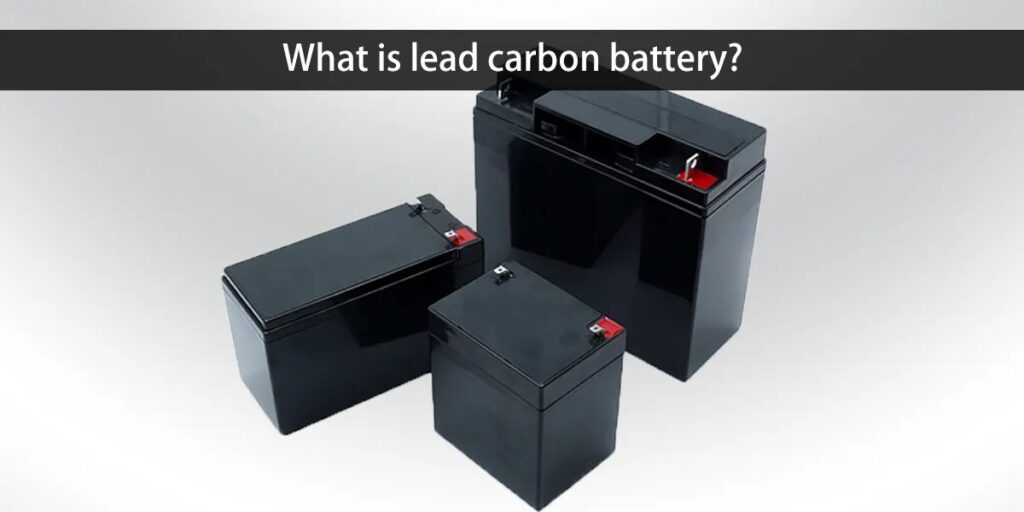A lead-carbon battery is a type of lead-acid battery that incorporates carbon materials into its design to improve performance characteristics, particularly in terms of cycle life, charge acceptance, and partial state-of-charge (PSoC) operation. This hybrid design combines the advantages of traditional lead-acid chemistry with the enhanced properties of carbon materials.
- Enhanced Cycle Life: Lead-carbon batteries typically exhibit significantly longer cycle life compared to traditional lead-acid batteries. The addition of carbon materials helps mitigate sulfation, a common cause of battery degradation, resulting in improved longevity and durability.
- Improved Charge Acceptance: Lead-carbon batteries have higher charge acceptance rates, allowing them to recharge more quickly and efficiently. This makes them suitable for applications with frequent charging and discharging cycles, such as renewable energy storage and hybrid electric vehicles.
- Better Partial State-of-Charge Performance: Lead-carbon batteries perform well under partial state-of-charge conditions, where the battery is not fully charged or discharged. This makes them suitable for applications where intermittent charging or discharging is common, such as renewable energy systems with unpredictable generation patterns.
- Reduced Downtime: The improved performance and durability of lead-carbon batteries translate to reduced maintenance requirements and downtime. This makes them particularly attractive for critical applications where reliability is paramount, such as telecommunications, data centers, and backup power systems.
- Environmental Benefits: Lead-carbon batteries are considered more environmentally friendly compared to some other battery chemistries. They are recyclable and do not contain toxic heavy metals such as cadmium or lithium, making them easier to dispose of or recycle responsibly.
Lead-carbon batteries find applications across various industries, including telecommunications, renewable energy storage, hybrid electric vehicles, uninterruptible power supplies (UPS), and grid energy storage. Their unique combination of performance characteristics makes them a compelling choice for applications that demand high reliability, long service life, and efficient operation.


